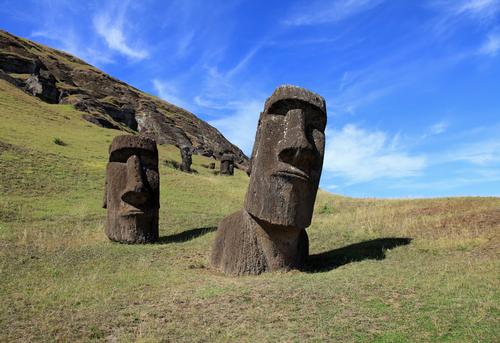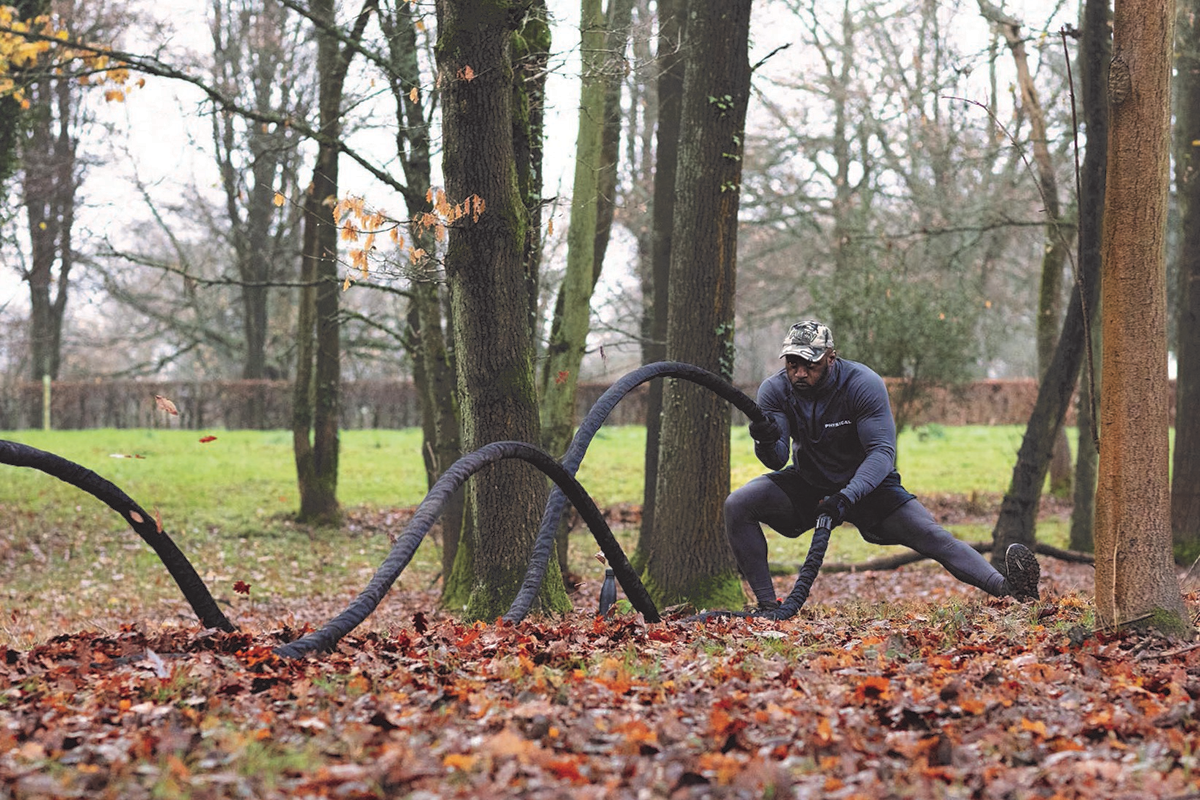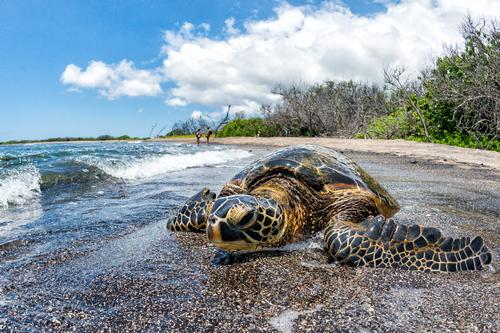Climate change poses biggest threat to World Heritage and tourism, says UNESCO report

A new UNESCO report has identified climate change as the biggest threat to World Heritage sites, with designated locations in nearly 30 countries at risk to various natural events, which will directly affect tourism on a global scale.
Titled World Heritage and Tourism in a Changing Climate the report – released jointly by UNESCO, the United Nations Environment Program (UNEP) and the Union of Concerned Scientists (UCS) – lists 31 natural and cultural World Heritage sites in 29 countries that are considered vulnerable to increasing temperatures, melting glaciers, rising seas, intensifying weather events, worsening droughts and longer wildfire seasons.
The report provides an overview of the increasing vulnerability of World Heritage sites to climate change impacts and the potential implications for global tourism. It also looks at the relationship between World Heritage and tourism, and how climate change is likely to exacerbate problems caused by unplanned tourism development, as well as other threats and stresses.
Using a number of detailed case studies – many of which are iconic tourist destinations – the report provides examples of climate impacts, supported by scientific evidence and offering tips on how climate-driven changes currently, or could in the future, threaten the outstanding universal value of sites for economies and communities that depend on tourism as a source of income.
“Tourism itself is highly vulnerable to climate change,” says the report. “Threats include changing weather systems and travel seasons at destinations, more extreme weather events, increasing insurance costs, water shortages and growing tourist exposure to some vector-borne diseases. Damage to cultural heritage, species loss and natural habitat degradation will also negatively affect tourism.”
Because of their international designation – and as a result of that, the level of funding, care and promotion they receive – World Heritage sites have the potential to provide some of the best models and innovative examples for sustainable tourism. The report suggests that sustainable and adaptive management strategies should be instituted to help make sites more resilient to climate change.
The report adds that coastal tourism in particular will be heavily affected by climate change, with rising sea levels, coastal flooding, beach erosion and worsening storm surges. If the sea levels were to rise one metre, 60 per cent of the Caribbean region’s tourist resort properties would be at least partially submerged. Coral reefs, which contribute US$11.5bn (€10.3m, £7.85bn) to the global tourism economy would also be under threat.
“Climate change is affecting World Heritage sites across the globe,” said Adam Markham, lead author of the report and deputy director of the Climate and Energy Program at UCS. “Some Easter Island statues are at risk of being lost to the sea because of coastal erosion. Many of the world’s most important coral reefs, including in the islands of New Caledonia in the western Pacific, have suffered unprecedented coral bleaching linked to climate change this year. Climate change could eventually even cause some World Heritage sites to lose their status.”
Because World Heritage sites must have and maintain outstanding universal value, the report recommends that the World Heritage Committee consider the risk of prospective sites being degraded by climate change before they add them to the list.
“Globally, we need to better understand, monitor and address climate change threats to World Heritage sites,” said Mechtild Rössler, director of UNESCO’s World Heritage Centre. “As the report’s findings underscore, achieving the Paris Agreement’s goal of limiting global temperature rise to a level well below 2 degrees Celsius is vitally important to protecting our World Heritage for current and future generations.”


Facility Manager - LSBU Active
Duty Manager (Dry)
Health and Fitness Instructor
Head of Operations
Senior Leisure Officer
Swimming Teacher
Swimming Teacher
Company profile

Featured Supplier

Property & Tenders
Company: Jersey War Tunnels
Company: Savills
Company: Cotswold Lakes Trust
Company: Knight Frank
Company: Belvoir Castle






































